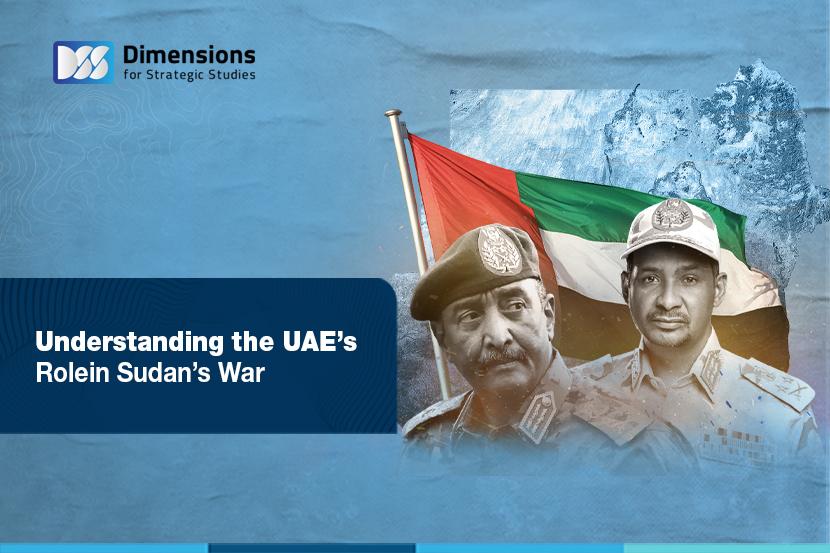
Understanding the UAE’s Role in Sudan’s War
2024-07-232552 view
Introduction
More than a year into the catastrophic conflict between Sudan’s army and the paramilitary Rapid Support Forces (RSF), relations between the Sudanese state and the UAE are at an all-time low. At a session of the United Nations Security Council on June 13 dedicated to the situation in the besieged city of El-Fasher, Khartoum’s delegate accused Abu Dhabi of providing military, logistical and financial support to maintain the RSF’s war machine.
Sudan also accused the UAE of exerting influence over several other states and actors in the region—namely Chad, Central Africa and eastern Libyan military chief Khalifa Haftar’s forces—to gain access to their territories in order to deliver support to the RSF. This has not only stirred concern for Sudan’s stability and security, but also sparked fears that it may cease to be a unified state at all, in a repeat of the “Libyan model.”
This report discusses the roots and motives of the UAE’s involvement in the Sudanese civil war, the repercussions for Sudan’s security and stability, and possible scenarios for the future.
Conclusion
Although the UAE’s main economic interests in Sudan lie in areas controlled by the army—such as the Red Sea port of Abu Amama—it also benefits from the supply of gold from RSF-controlled areas such as Jebel Amer and the Sengo region of South Darfur. Abu Dhabi is also instrumentalizing the RSF to eliminate what remains of political Islam in Sudan and the forces behind Sudan’s 2019 revolution. The UAE is therefore likely to continue its support—even if this leads to partition of Sudan in a so-called “Libyan scenario.”
To read this report in full (in Arabic), click here.





